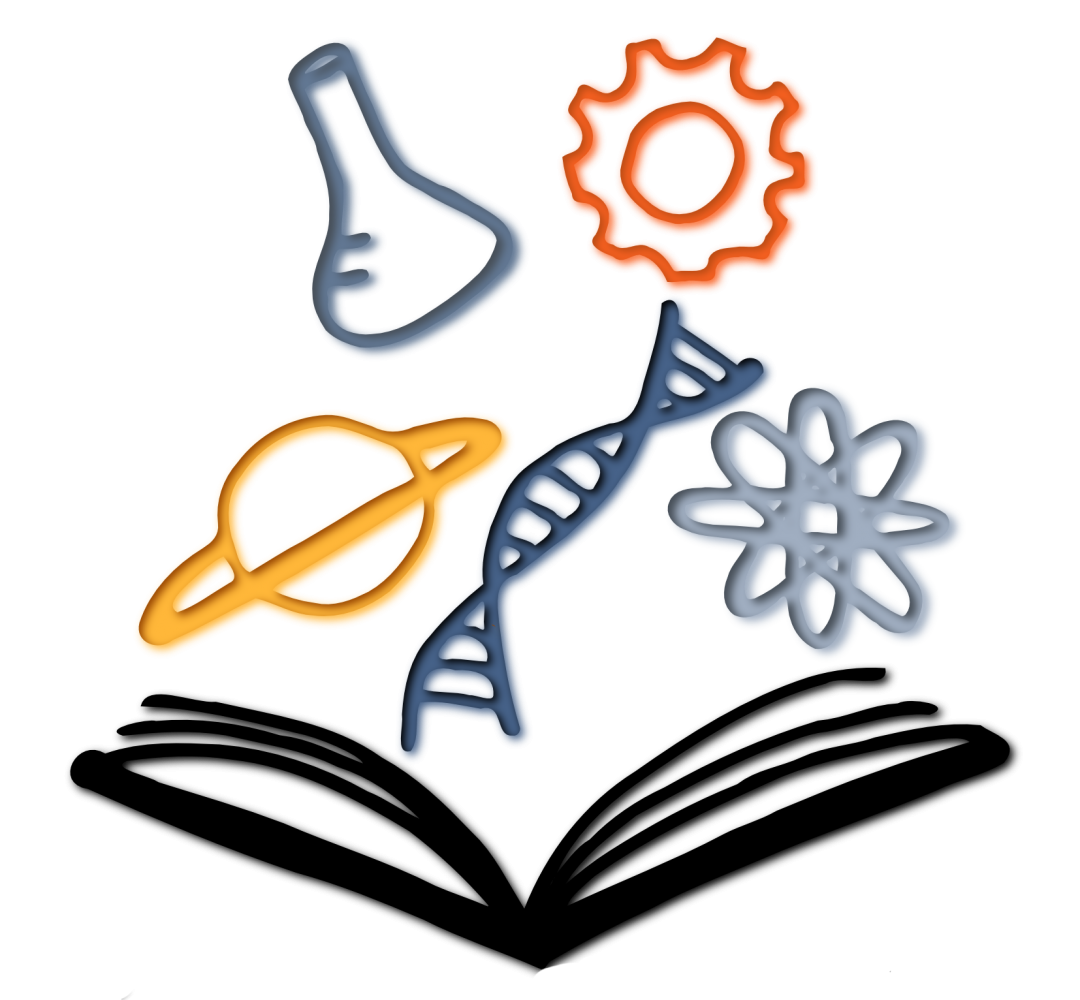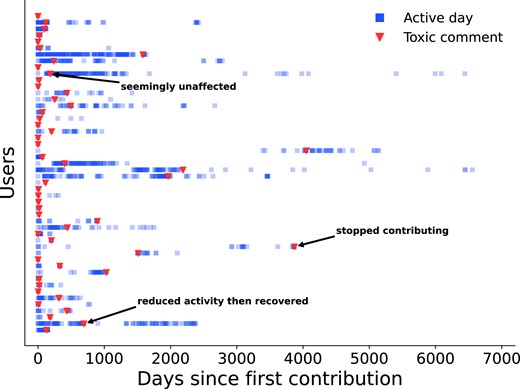- cross-posted to:
- hackernews@derp.foo
- cross-posted to:
- hackernews@derp.foo
Trolling is an effective method for accomplishing goals unless carefully guarded against by other people with experience? Never would have guessed…
Haha, I think it is more bullying by way too online people who severely need to go touch grass for some time.
Unfortunately, young people pushing boundaries and very angry people needing to vent justifiable rage will not go away any time soon.
In bad cases, they sometimes don’t touch grass because they want all the grass to die. You can’t reach that person very easily, there’s a whole mountain range of anger in the way. The Earth just has all sorts on it, and this is one of them. It’s best to understand what it’s all about.
Oh, of course, it’s always related to material conditions, regardless of personal motivations. People will always do their best with what they know and have immediate access to, angry people online have my sympathies. I realise that some people just need to vent when I get a shitty comment, so I never take it super personally anymore. No matter what field you are in, if you create conditions for something living to flourish, it will pay back your investment tenfold, which makes the current modus operandi of short-term capital gain at all cost ever more tragic.
Food for thought:
- https://pubmed.ncbi.nlm.nih.gov/29081831/
- https://wcfia.harvard.edu/publications/centerpiece/fall2018/transcript_jodidi11-5-2018
Nothing will get better until we decide we want something different, collectively, en masse, and we learn how to avoid schizmogenisis.
And social conditions too, but yeah, ultimately.
That Harvard link covers that quite a bit!
In fact, democracy’s present crisis is firmly anchored in a social matrix. It represents one strand of a broader, more far-reaching crisis, which also encompasses other strands—ecological, economic, and social. Inextricably entwined with these others, it cannot be understood in isolation from them. Neither freestanding nor merely sectoral, today’s democratic ills form the specifically political strand of a general crisis that is engulfing our social order in its entirety. Their underlying bases lie in the sinews of that social order—in the latter’s institutional structures and constitutive dynamics. Bound up with processes that transcend the political, democratic crisis can only be grasped by a critical perspective on the social totality.
My main gripe with essays like this is the lack of sound ideas on how to realistically move forward. “If everyone would…” just isn’t good enough, and won’t be without a cataclysmic upheaval or extraordinary luck.
The spread of ideas like these is very easy to manage. You provide an easier to understand scapegoat and lean on people’s laziness and mild preferences. Jewish people, for instance, have been extremely convenient for this, much to their detriment.
You can’t educate people that hate education and complex thinking, either. How could we resolve this?
That essay’s purpose was to lay out the problem; it’s pretty dated now and wasn’t as common in public discourse as it is now, but it still holds up for articulating the situation itself. I give people this one for what to do: https://effectiveactivist.com/intro/. People are building the world they want to see in the ways they can, consciously and unconsciously, premeditatedly and opportunistically. It is never the act of one person; it is a trend of actions. Act local, think global. https://en.wikipedia.org/wiki/Think_globally%2C_act_locally It’s about radical acceptance of what you can and can’t do, and consciously doing it does you and the world around you a lot of good.
Now do Stackoverflow
Stack Overflow is that dimly lit alley filled with dudes clearly looking for a bad time while brandishing knives. I don’t think the innocents that edit Wiki roll in those kinds of neighbourhoods.
Haha, gottem.




